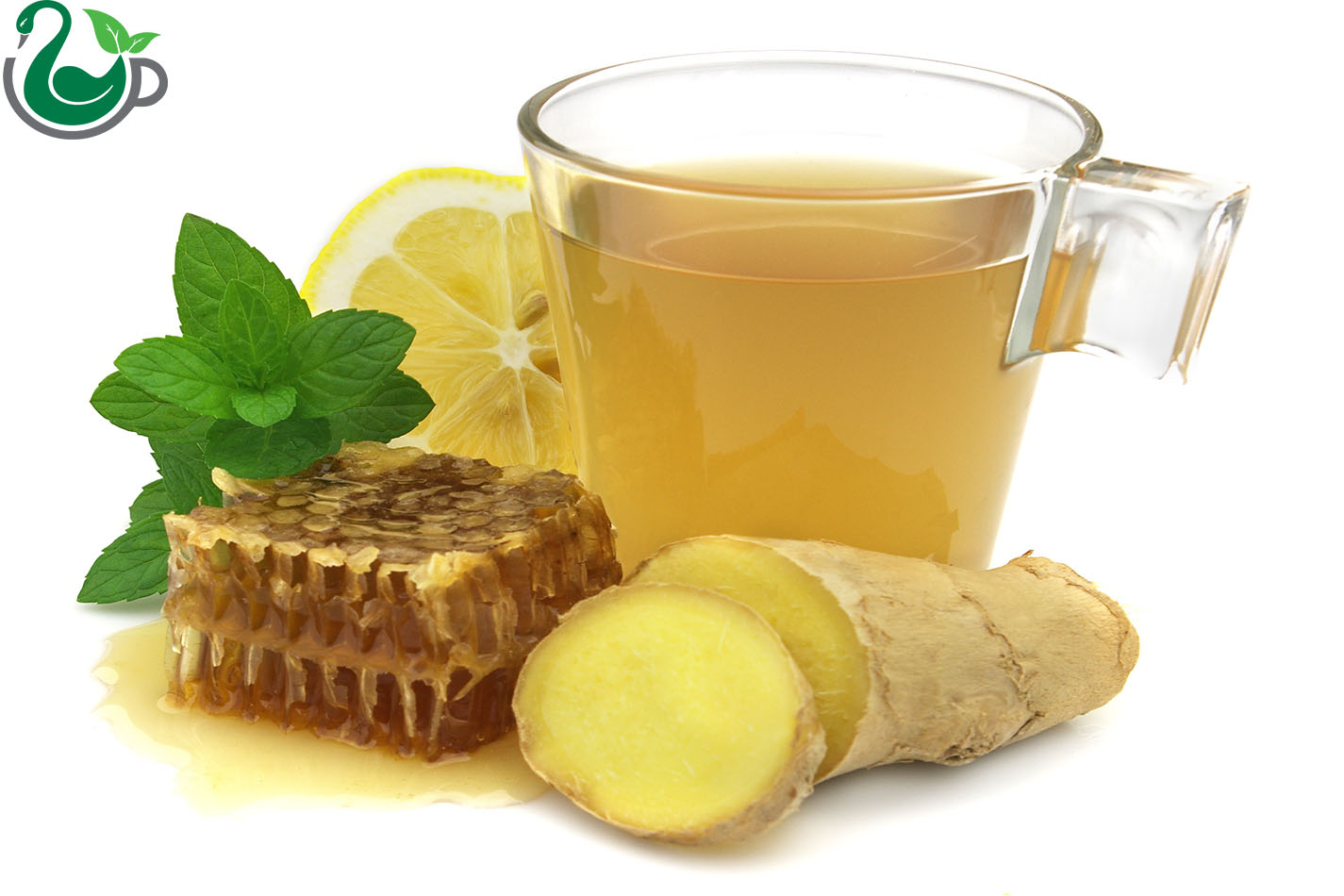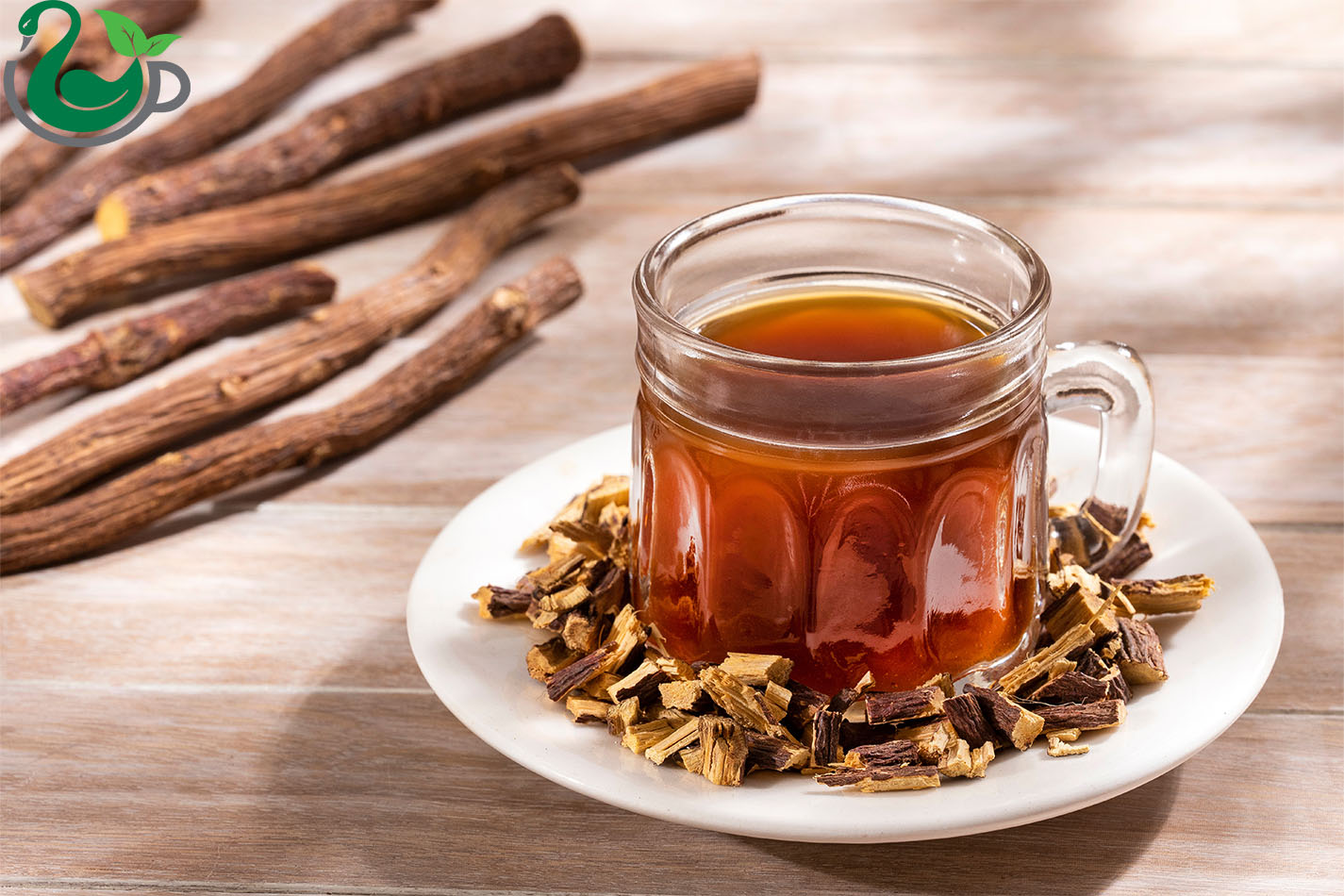Seasonal flu causes illness and deaths every year. Adults over 65, pregnant women, and their babies are vulnerable to seasonal flu. (1) There are no specific antiviral treatments for viruses that cause colds. (2) However, medicinal plants, also known as medicinal herbs, have demonstrated potential in combating the flu virus and alleviating cold symptoms. These remedies have gained popularity due to their straightforward availability, affordability, safety, and eco-friendly nature.
For instance, the antiviral properties of thyme, yarrow, and peppermint, the expectorant properties of licorice root, cloves, and sage leaves, and the immune-boosting properties of ginseng and ginger root can effectively alleviate the symptoms of flu and cold. (1)
For thousands of years, people have used three key herbs—ginger, licorice, and peppermint—to manage common cold symptoms. Recent clinical evidence supports their pharmacological properties, confirming their effectiveness across different therapeutic systems.

1. Ginger (Zingiber officinale)
- Use in traditional medicine: It is used to treat headaches, nausea, vomiting, flu, and cough; alleviate issues like asthma, inflammation, and cough.
- Use in Modern Medicine: Research has shown that ginger has anti-inflammatory compounds like shogaol. China, Africa, Germany, and Canada have approved the use of ginger in various medicines to treat colds.
2. Licorice (Glycyrrhiza glabra)
- Use in traditional medicine: Licorice is used for treating coughs with phlegm.
- Use in Modern Medicine: Active compounds in licorice, like glycyrrhizin, have effects similar to corticosteroids and can help suppress coughs. The WHO and Health Canada both recognize licorice for its soothing effects on sore throats and its use as an expectorant.

3. Peppermint (Menthae piperitae)
- Use in traditional medicine: Peppermint is used to treat sore throats, relieve chronic fever and pain and has antiseptic properties.
- Use in Modern Medicine: Peppermint contains menthol, which provides a cooling sensation and helps relieve muscle pain. It is also recognized for treating respiratory issues and reducing spasms in the respiratory tract. (2)
Therefore, medicinal plants (medicinal herbs) offer a natural approach to treating and preventing colds and flu in a healthier and organic lifestyle.
References:
1. Shahrajabian, M.H., Sun, W., & Cheng, Q. (2020). Traditional herbal medicine for the prevention and treatment of cold and flu in the autumn of 2020, overlapped with COVID-19. Natural product communications. 15(8), 1–10. Retrieved from https://www.researchgate.net
2. Wardani, R.S., Schellack, N., Govender, T., Dhulap, A.N., Utami, P., Malve, V., & Wong, Y.C. (2023). Treatment of the common cold with herbs used in Ayurveda and Jamu: monograph review and the science of ginger, liquorice, turmeric and peppermint. Drugs Context. Retrieved from https://pdfs.semanticscholar.org